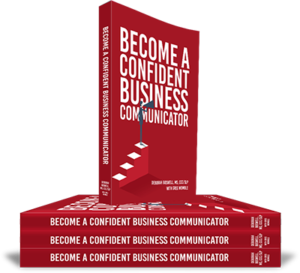Fashion designer Marc Jacobs accepted his Lifetime Achievement award from the Council Of Fashion Designers Of America (CFDA) on Monday evening June 6th. Jacobs was clearly nervous and depended heavily on 3 pages of notes for his 2 minute speech.
Aimee Groth reported that Jacobs stated “I’ve been struggling with writing it (the speech), to be honest. I’m not a good writer at all,” he tells New York Mag. “Anytime anyone’s ever asked me to write something, what I do is, I write notes and thoughts, and they build up and over a week I kind of edit through those thoughts. And then I try to put them in some order and then I reread it. Then I run it by somebody. Then I rewrite it.”
The viewer gets the feeling that Jacobs just wants to get the acceptance speech over. He basically read from his notes. It is a good idea to write your speech before presenting but I believe that it hurts your credibility to read your notes. The same goes for memorizing your notes. It is best to know your material so well that you could have someone give you a key word from your speech notes and then you could talk to the point the key word represents. There is no substitute for being prepared. You can’t be prepared if you wait until a day or two before the speaking event.
Preparing a speech is analogous to cooking homemade spaghetti. I do not mean pouring a jar of Ragu into cooked ground beef…..I mean starting from scratch. How long do you typically cook spaghetti sauce? A long time….3 or 4 hours of simmering. Why simmering? It allows the spices, tomato sauce and ground beef to mix together….a better word is meld together. The result? A really, tasty sauce.
So, what’s the point? Your speech will be much more effective if you start working on it early and then leave it alone for a few days so that the ideas, examples, thoughts can mix together. Also, while the speech is “simmering”, life will be happening and will provide you with incredible examples, if you are looking through the eyes of your speech!
One more thought, Jacobs probably did not give much thought to connecting with his audience. He almost never looked up from his notes. He just wanted the acceptance speech to end. The audience is not an enemy. They want you to succeed. Look your listeners in the eye. Connect with them. They want to connect with you-the speaker.
Change the way you view delivering information. It is an opportunity. Indeed a privilege!


